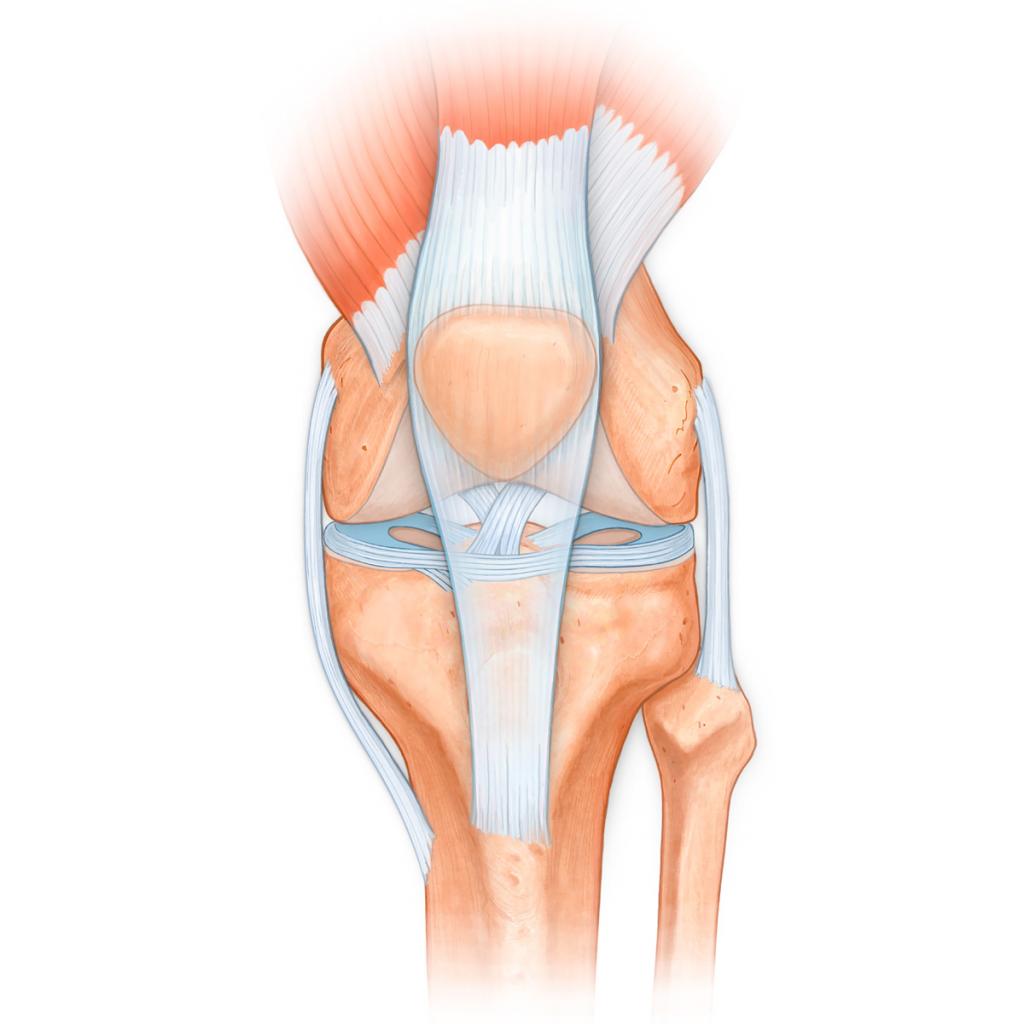Does collagen help in supplements for wrinkles and joint pain?

“Drink collagen – and there will be no wrinkles and pain in the knees,” the advertisement beckons us. What is it, whether it will help, and where to look for it.
What is collagen, and why is it needed?
Collagen translated from Greek means “glue”. This is a protein that makes the skin supple, the tendons strong, and the vessels supple. 30–40% of all the proteins in our body are collagen. For our body, it is very important. There are many different types of collagen – depending on where in the body it is. Producing a lot of collagen in the body is not so simple, because it consists of two-thirds of the essential amino acids – lysine and proline. In order to synthesize collagen, these amino acids must be ingested in large quantities with food. Collagen is laid down in the skin like a reinforcement, and is further modified by enzymes after styling. To do this, you need vitamin C.
Will collagen from a capsule strengthen my ligaments?

Collagen enters our digestive system, and there enzymes break it down to amino acids. They enter the bloodstream and are carried throughout the body. Will they become collagen again? Not everyone. If you eat a little protein, the drunk collagen will go to the muscles, not the ligaments. And if you are on a strict diet, then these amino acids can simply be used to generate energy. And only those amino acids that have reached the skin and tendons can become collagen, re-created, properly laid and stitched between the fibers. Collagen from the capsule will not become part of the joint just like that.
Is there any clinical evidence on the effectiveness of collagen supplements?
There is such data. A group of researchers from Penn State University found that athletes who drank collagen had less pain in their joints. There is also evidence that collagen intake has reduced back and knee pain in people with osteoarthritis, although traditional treatment is more effective. Collagen intake has helped improve skin elasticity. Taking older amino acids does not help older people maintain or build muscle.
A 2018 review in the British Journal of Sports Medicine (we translated and adapted this article on dietary supplements for athletes) confirms that collagen supplements help reduce joint pain and increase overall collagen levels in the body, but there’s still evidence of accelerated athletic recovery not yet.
